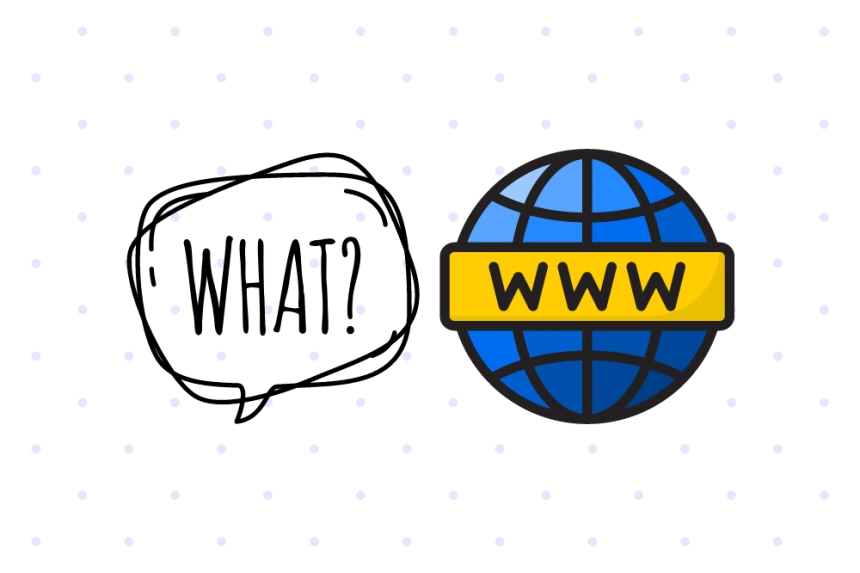What is WWW and How Does It Affect SEO?


WWW (World Wide Web) is an interconnected system of pages that are accessible through the Internet. In this article, we will explore what WWW really means, its role in the structure of the web, and how it affects SEO (search engine optimization).
What is WWW?
History of WWW
The World Wide Web was created in 1989 by Tim Berners-Lee, a British engineer. His invention allowed access to connected information through hyperlinks, which facilitated online navigation.
Structure of WWW
WWW is a system of documents in HTML (HyperText Markup Language) format that are linked to each other. Each web page has a unique address, known as a URL (Uniform Resource Locator), which allows its location in the vast network of information.
What does "www" mean?
The term "WWW" is a common prefix found at the beginning of many website addresses. Originally, it was used to identify that a specific resource is a web page service, although today it is not always necessary.
Importance of WWW in the Context of SEO
Influence on URL Structure
The use of "www" in a URL may seem trivial, but in the realm of SEO, it has significant implications. The way URLs are structured affects how search engines index and rank a page.
Differences Between www and Non-www
- Canonicalization: A site can be accessible both with "www" and without it (example.com vs. www.example.com). This can create duplicate content if both formats are recognized as different by search engines.
- Server Configuration: Some web server configurations are sensitive to the inclusion or exclusion of "www". A site that does not have this configuration well defined may lose visibility in SERPs (search engine results pages).
Impact on User Experience
The way "www" is presented can also influence the user experience. Here are some factors to consider:
Trust and Professionalism
Users often associate the "www" prefix with more established and professional sites. Although this is a subjective perception, it can affect the likelihood of a user clicking on a link.
Redirection
If a website has both the "www" version and the non-www version, it is crucial to establish a permanent redirect (301) from one version to the other. This ensures that SEO value and traffic are directed to a single version of the URL.
Best Practices for SEO and WWW
Choose a Preferred Version
When creating a new website, one of the two versions (www or non-www) should be chosen and consistently maintained over time. This helps avoid issues with duplicate content and consolidates the page authority.
Set Up Proper Redirects
Implementing 301 redirects from the non-preferred version to the preferred one is crucial. This ensures that any link pointing to the undesired version is correctly redirected.
# .htaccess to redirect from non-www to www
RewriteEngine On
RewriteCond %{HTTP_HOST} !^www\. [NC]
RewriteRule ^(.*)$ http://www.%{HTTP_HOST}/$1 [L,R=301]Update Internal Links
Make sure that all internal links on your website point to the preferred version of your URL. This not only improves the user experience but also helps search engines understand your site’s structure.
Conclusion
WWW is an essential component of the web ecosystem and has a significant impact on SEO. The choice between using www or not in URLs can influence indexing, user experience, and the authority of your site. By following best practices for SEO and URL configuration, you can maximize your site’s visibility in search engines and improve your rankings in SERPs.
Additional Resources






